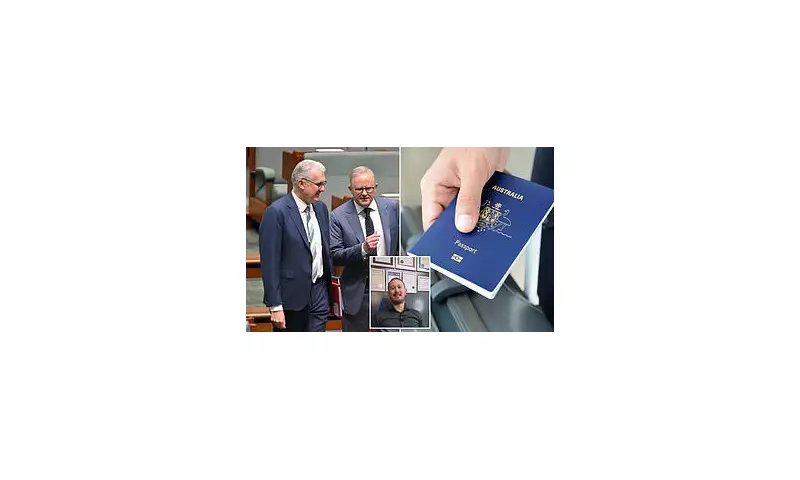
A seasoned migration professional has expressed profound shame about his own industry, revealing that organised sham relationships continue to overwhelm Australia's partner visa system while authorities allegedly turn a blind eye.
Exploitation of Vulnerable Women
Melbourne-based agent Mark Pelley disclosed that rogue migration agents and criminal networks specifically target Australian women facing difficult circumstances. These vulnerable individuals, often grappling with addiction, housing insecurity or financial hardship, are being systematically groomed and exploited in elaborate visa fraud schemes.
"I'm so ashamed of my industry and what it's become over the past 10 years," Pelley confessed. He revealed that he now receives more approaches from people seeking to participate in scams than from legitimate visa applicants. "They offer me large sums of money if I help them source vulnerable Australian women to participate in the partner visa fraud scheme."
How the Elaborate Scams Operate
According to Pelley's detailed account, the fraud typically begins when a foreign-born migrant gains Australian citizenship and establishes a migration agency. These operators then focus exclusively on partner visas, leveraging connections within their migrant communities both in Australia and overseas to facilitate fake applications.
The scheme involves establishing satellite offices in home countries and using social media platforms to channel overseas clients into the scam pipeline. Pelley explained how agents create databases matching desperate overseas applicants willing to pay substantial sums with Australian residents seeking quick money.
Australian 'partners' receive approximately $50,000 for their participation, while migration agents charge standard fees plus an additional $20,000 or more for matchmaking services. Both parties receive coaching on fabricating relationship evidence and responding to interview questions.
Systematic Failure to Act
Pelley claims to have repeatedly reported detailed information about these scams to the Department of Home Affairs, including names of participants, but has never received any follow-up. "I've reported more scams than I can recall and have never received a single follow up from the Department," he stated.
This lack of action creates a profitable environment for fraudsters. "Unfortunately as the Department is so far behind the scams, the agents make a lot of money in the meanwhile and it's worth it for the scammers because by the time they're caught, they're rich."
The most concerning aspect involves the targeting of particularly vulnerable women. "These women are either homeless, have addiction or mental health issues, sometimes have disabilities or otherwise are financially struggling," Pelley revealed. The scheme promises overseas holidays and quick money but often leads to exploitation, sexual assault, or domestic violence.
International Dimensions and Solutions
Pelley identified India, Pakistan and China as the most common countries involved, with growing numbers from Afghanistan and Lebanon. Alarmingly, he noted that places are being openly sold on Chinese social media platform Xiaohongshu, offering fake spouses to join skilled visa applications.
The problem isn't new - in 2018, an Indian national faced court accusations of masterminding more than 150 fraudulent marriages for partner visas, with many Australian women involved having histories of substance abuse and financial hardship.
This week, the Australian High Commission in India acknowledged that visa fraud represents a growing global issue. Australia's High Commissioner to India Philip Green warned: "Visa scams exploit people's hopes and dreams. There is a lot of false visa information online and in social media, including fake success stories."
Pelley urges the Department of Home Affairs to implement stricter requirements for migration agents, increase scrutiny of visa applications, and introduce harsher penalties including jail time to deter fraud. "Until the Department finally get their act together and completely overhaul the migration system they're just chasing their tails and only catching a fraction of the actual schemes that exist."





